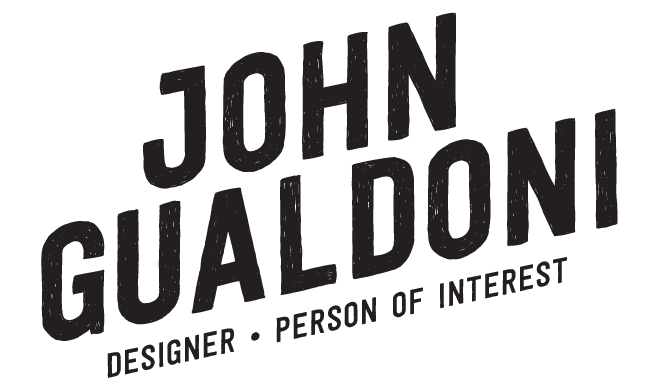The Benefits of Rocking the Boat
Dissent takes many forms, and to Alec Baldwin’s surprise it took the form of “a goddamn cook” in The Hunt for Red October. It’s a term that often has a negative connotation, yet it’s also been cited as the highest form of patriotism. But dissent isn’t limited to great submarine movies or one’s sense of duty. It has a place in the much more volatile world of brainstorming, as well.
Often times in this industry, projects will come in that require groups of people to come together to creatively solve a problem. The more minds involved, the better thought out the final product will be, right? These minds, however, are not that drastically evolved from our predecessors and, in virtually every genus of species, groups survive by maintaining internal harmony. That same instinct is still alive and well in all of us. Groupthink is a psychological phenomenon that occurs when a manager (or anyone with the power to hire/fire) partakes in the ideation of plans. With the manager around, people can get nervous and will instinctively start looking to others in the group to determine the consensus opinion while simultaneously weighing the consequences of dissenting from that opinion.
The flipside of Groupthink is just as problematic. And according to David McRaney in You Are Not So Smart it depends on three things: a group of people that like each other, isolation and a deadline. A group of friends can easily make suggestions that are met with positive reactions. As this continues in isolation (and against a ticking clock) there is no form of checks and balances to the direction the group is heading. In instances such as this, the mind has a tendency to become overly confident in the group’s plan. After all, 100% of the people devising the plan feel that it’s a wonderful idea.
The best environment for creative collaboration and problem solving is an open, democratic workplace devoid of monster egos. Everyone, particularly managers, should try to cultivate such environments around themselves. Encourage everyone to have a voice and encourage healthy dissent. If you eradicate fear of reprimand, you’ll generate better ideas and a healthier dialogue.
As with nearly everything, moderation is key. Rampant dissent and assholery can torpedo (sigh) a brainstorm. Take a page from improv 101: never say “yeah, but.” Instead, say “yes, AND.” Keep building and growing the concept, but build in breaks for planned dissent if necessary. The “defend and carry” model of brainstorming can work well for that. Individuals take turns trying to poke holes in the concept while the rest of the group defends it and brainstorms solves for each critique. If it comes out the other side, it’s a strong, well-vetted concept in which everyone should feel invested.
So if you are, or have, an overbearing manager, suggest small group working sessions so that one individual can’t commandeer the entire group’s voice. If you work with some of the best people you know, and I hope you are so lucky, then maybe try a “defend and carry” technique. Either way, tactful dissent can go far in bulletproofing an idea.
